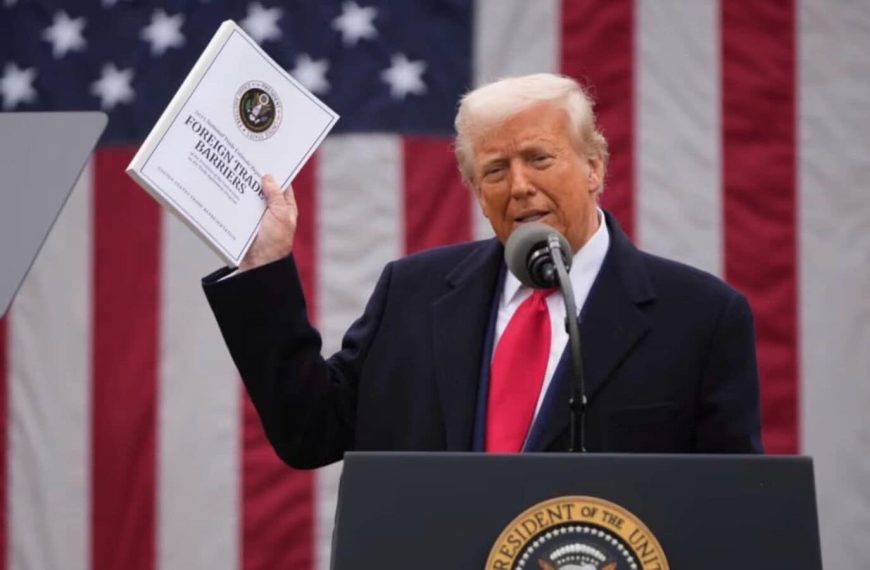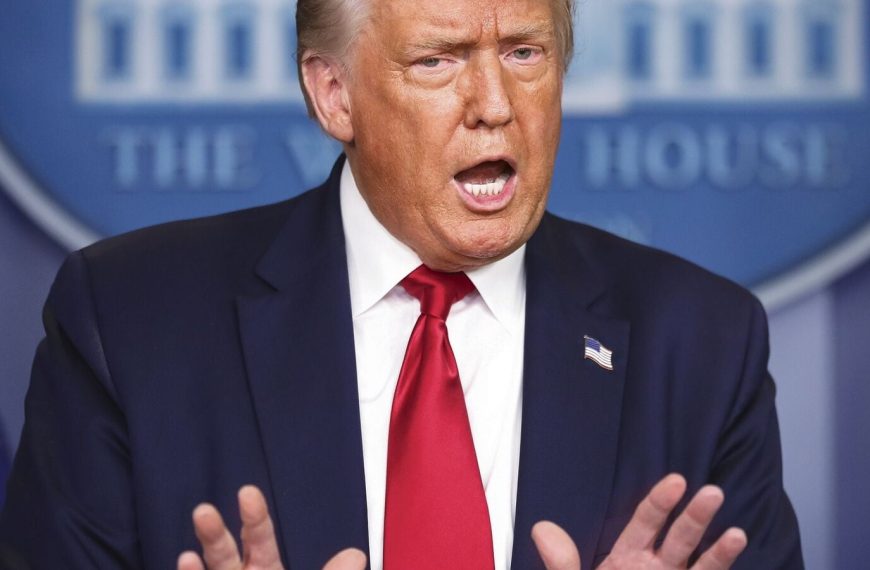Taiwan is poised to play a significant role in helping India reduce its reliance on Chinese electronic components, according to Hsu Szu-Chien, Taiwan’s Deputy National Security Adviser. In a conversation with reporters during his visit to New Delhi for the Raisina Dialogue, Hsu emphasized that a free trade agreement between Taiwan and India could foster enhanced economic collaboration, particularly in the semiconductor sector. This partnership could lead to increased Taiwanese investments in India’s burgeoning high-tech industry, ultimately lowering tariffs and boosting local production.
Economic Engagement and Trade Potential
Hsu pointed out that India stands to benefit greatly from aligning its demographic strengths with Taiwanese technological advancements. By jointly producing high-end electronic components, India could significantly cut down on its substantial imports from China, which totaled USD 101.75 billion in 2023-24, against exports of only USD 16.65 billion.
- Key areas of import from China include:
- Electronic components
- Computer hardware
- Telecom equipment
- Chemicals
- Raw materials for pharmaceuticals
According to Hsu, the potential for growth in Indian-Taiwanese economic relations is enormous. "India has a youthful workforce and a vast market," he remarked, highlighting the synergy between Taiwan’s technology and India’s demographic dividend.
Shift in Manufacturing Landscape
The ongoing trade tensions between the U.S. and China, alongside Taiwan’s security concerns, have prompted many Taiwanese firms to consider relocating their production facilities to countries like India. Hsu noted that this relocation could lead to a fruitful collaboration, spurring economic activity and job creation in India.
He expressed optimism about the future of economic ties, stating, "With Taiwan’s technology and India’s demographic advantages, I foresee a bright path for our cooperation."
Trade Agreement Aspirations
Hsu also reiterated Taiwan’s strong desire to negotiate a trade pact with India, a proposal that has been on the table for over a decade. He explained that high tariffs pose a significant barrier, especially for medium and small-sized Taiwanese high-tech businesses looking to invest in India.
- Benefits of a trade deal include:
- Lower tariffs
- Increased investment opportunities
- Enhanced joint production capabilities
The groundwork for a free trade agreement has already been laid, with preliminary discussions and studies conducted to explore this possibility.
Strengthening Bilateral Relations
Taiwan has emerged as a crucial player in the global semiconductor market, manufacturing nearly 70% of the world’s semiconductors and over 90% of the most advanced chips essential for various electronic devices. Under the "Make in India" initiative, Taiwanese investments in India have exceeded USD 4 billion, spanning sectors from footwear to automotive components and ICT products.
Recent developments have seen a surge in India-Taiwan relations, highlighted by a migration and mobility agreement signed last year, which facilitates job opportunities for Indian workers in Taiwan. While the two nations do not share formal diplomatic ties, their economic interactions have been increasingly robust since the establishment of the India-Taipei Association in 1995, aimed at enhancing business and cultural exchanges.
Conclusion
Despite the geopolitical complexities, Taiwan and India are on a promising path toward strengthened economic cooperation. With the potential for a free trade agreement on the horizon, both nations could benefit mutually, paving the way for significant advancements in technology and trade. As Hsu aptly noted, "I hope there will be renewed momentum from both sides to move forward."











